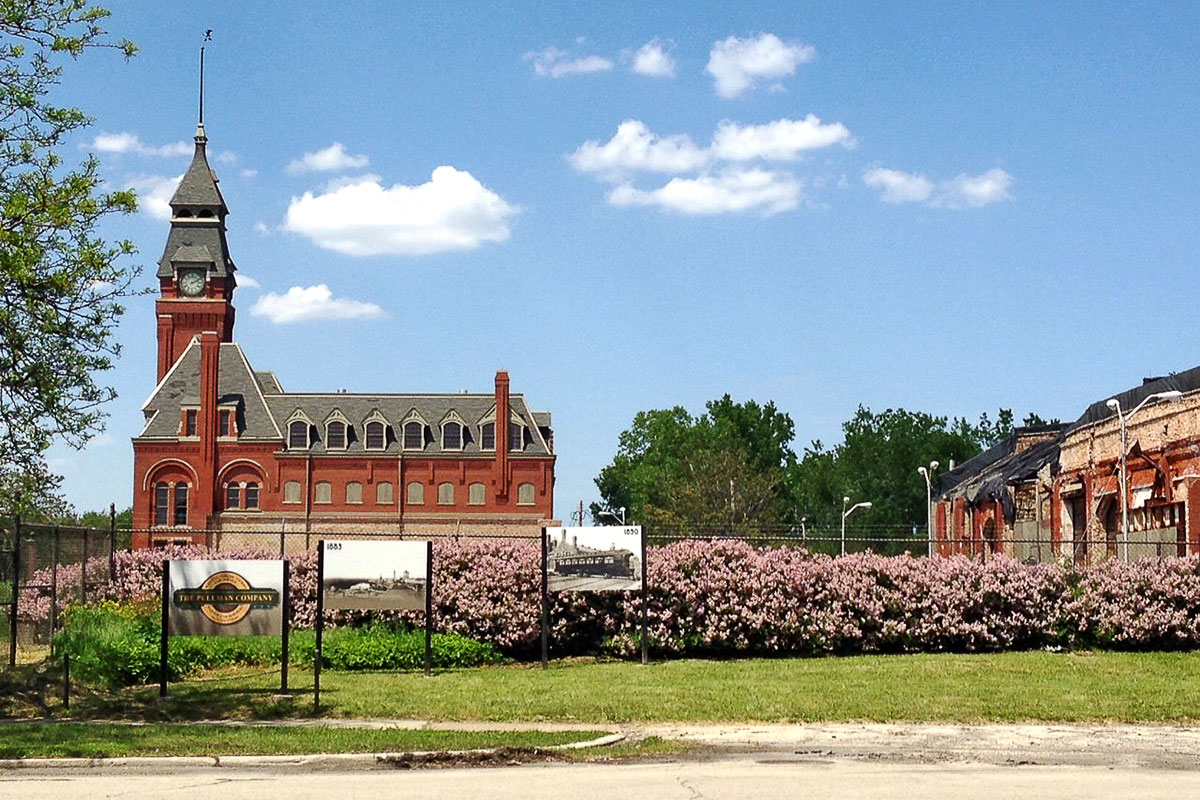1. Who’s Got Next?
From the Bears’ running back to the 38-year-old chief creative officer at Leo Burnett, these are the Chicagoans who will define the city’s future. Chicago magazine introduces them.
2. Presidential Libraries Are a Scam. Can Obama Change That?
It won’t contain his papers, and will be run by the Obama Foundation, not the federal government. But maybe that’s a good thing. Politico explains.
3. A Look Inside the Watch List Chicago Police Fought to Keep Secret
Its “strategic subject list” is supposed to predict who will commit gun violence. So why are there almost 400,000 people on it? The Sun-Times gets the data.
4. Pullman and Ideal Communities in Chicago, the Rust Belt, and Beyond
The rail-car builder envisioned his company town as a utopia, but one of control and segregation. Memorialized as a National Park, can it be something different? Belt looks at its past and future.
5. Gun Violence Hits African-Americans Most—and It’s Getting Worse
In 1985, they were 66 percent of homicide victims. In 2016, 79 percent. This year, it’s 82 percent so far. WBEZ examines the causes.
6. After 3 Kids Die Despite DCFS Involvement, It Urges Faster Probes
The problems continue, and the reformer brought in to fix them may be on his way out. The Tribune investigates.
7. Timing Is Everything in Life and in Cubs’ Slumps
The World Champions have been mediocre this year. But they were also mediocre last year… during a month-and-a-half stretch when they went 18–21. The Athletic gives reason not to panic.
8. A Crisis of Coverage
The NYT came to Chicago to reflect on the crime problem—but its event was a reflection on our lack of solutions. South Side Weekly recounts the conversation.
9. For Torture Survivors, Kovler Center Offers Place of Peace
44 percent of refugees in the US are survivors, and a Chicago organization has been treating them for 30 years. Chicago magazine profiles the institution.
10. Home Sweet Home for the Homeless
6,000 people live outside in Chicago, a diverse community that takes diverse approaches to survival. The Reader is invited into their homes.



